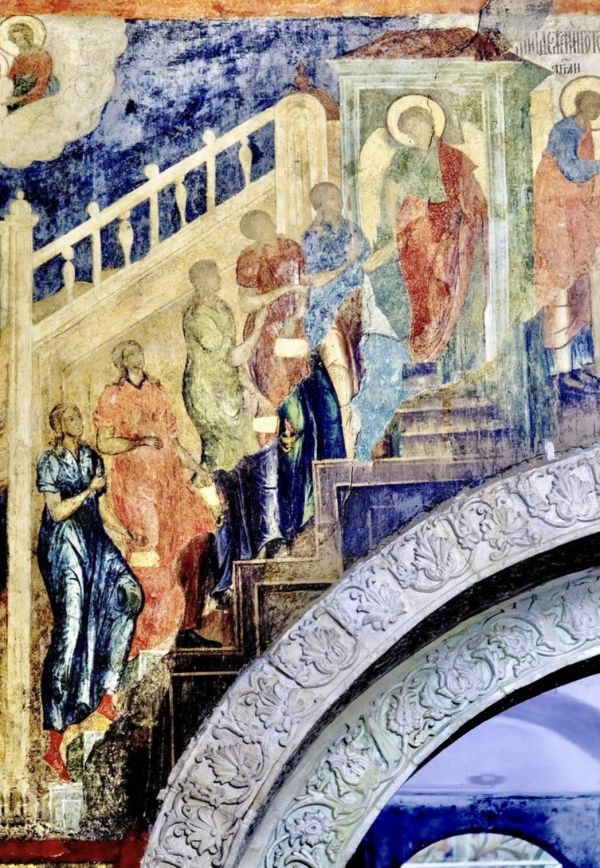Wise souls, or mad ones
(Mt 25:1-13)
The theme is not that of moral vigilance, but punctual: sooner or later all the baptized in Christ fall asleep (v.5).
And the environment doesn’t seem the best: the groom is late, the girls are sleepy, some without oil and others... sour.
But sometimes we are like madmen who go to build houses on the sand: at the first trickle is landslide, and everything collapses.
The enthusiasm was there, the harmony with the Lord and his desire to embrace and transmit fullness of being... maybe not.
It lacks a dimension of depth, or of living hope that animates motivations and lubricates energy, in the impulse to the mission.
It’s the outcome of those who seem to have welcomed the Beatitudes at all points, but don’t make them their own...
Not for the fact that they do not fulfill well the role - a task - but because they do not relate the listening to the practice (not distracted, exquisitely evangelical).
Powering the torch is promoting life!
And the Appeal, the opportune moment, comes suddenly; it does not set itself up through a general or formal choice that evolves without correlations, personal tracks, attention to events and wisdom to correspond.
Here the relationship of Faith is not oil that can be lent.
There are anxious or perfectionist souls who rush to intervene, but lack perception. There are fearful and paralyzed hearts: they must acquire flexibility.
Some stare at the "no" moments and do not know how to turn them into occasions of awakening, or they heal too late. Others depend on the season or live on adrenaline and lack awareness.
Someone has to slow down and recollect himself, rediscover himself and the instinctive vocational lightness, his own infinite part - but avoiding childish strategies.
Others who have already accepted the divine, would need to wake up from numbness, to set in motion the wise and innate light they possess in deep inclinations.
Some need to throw ballasts, become more subtle in hearing and in offering themselves, or less dirigist; others need to prepare for the Encounter in a more relational and visible dimension.
There are people who must complicate their stories and then simplify [without dispersing] eventually becoming sharper; others and perhaps more, learning to donate. And so on.
So... better some with light than all in the dark. The actions and risk for wisdom, love and completeness of being build the Person and his dialogue.
One often imagines having provided for own practice with God by enrolling in parish registers, without elaborating his commitment.
But the person who neither edifies nor communicates life has nothing to do with God himself (v.12).
In this way, even the crisis can have an evolutionary sense; in not feeling absolute, in the logic of options, in personalisation, in the unexpected and different encounter.
Threshold of every Exodus, to Freedom and the Feast.
When the Nazi police knocked on the door of the Carmelite Monastery in Echt, Edith was prepared. He had not lost the sense of invitation to Wedding.
[St Thérèse Benedicta of the Cross, August 9]












